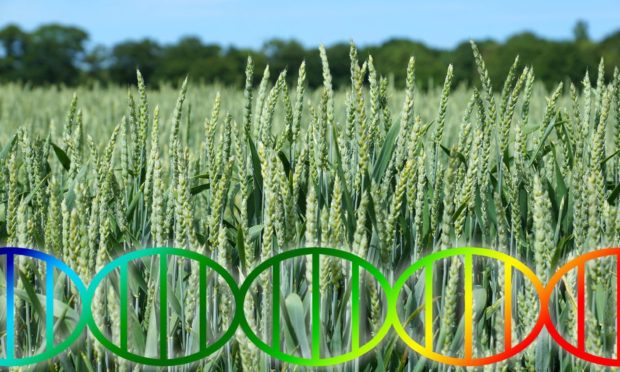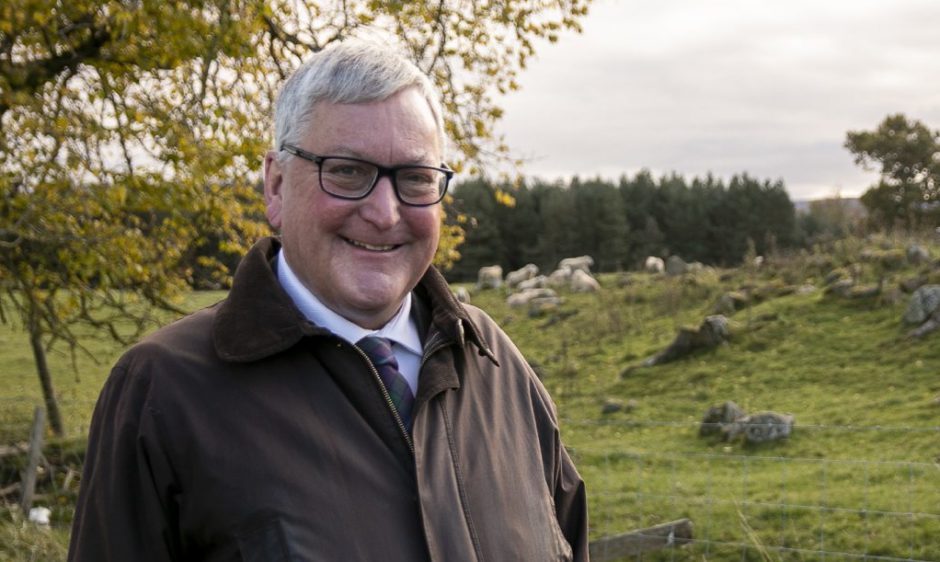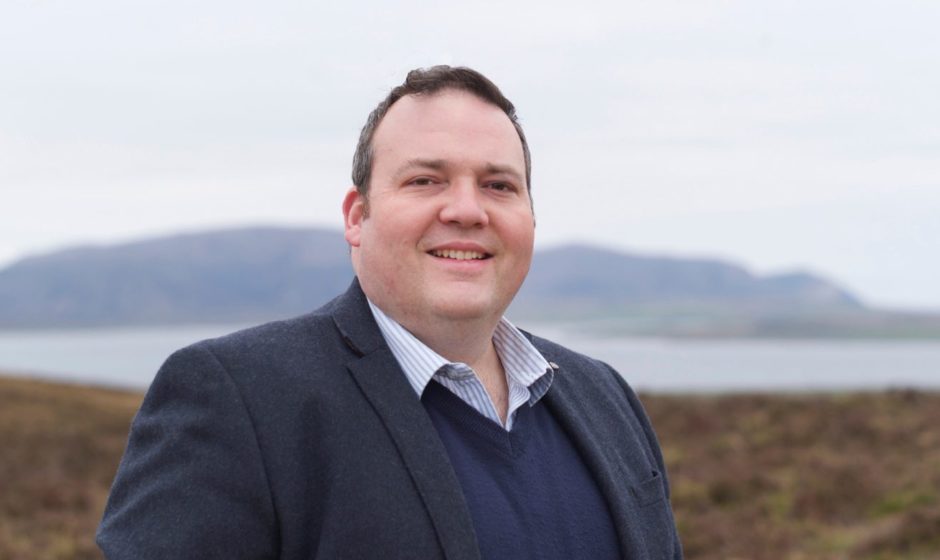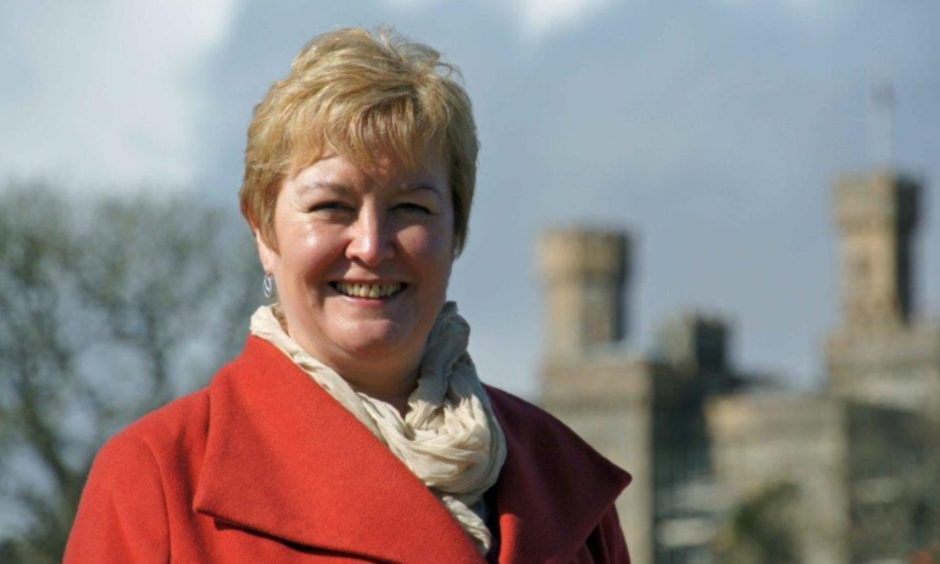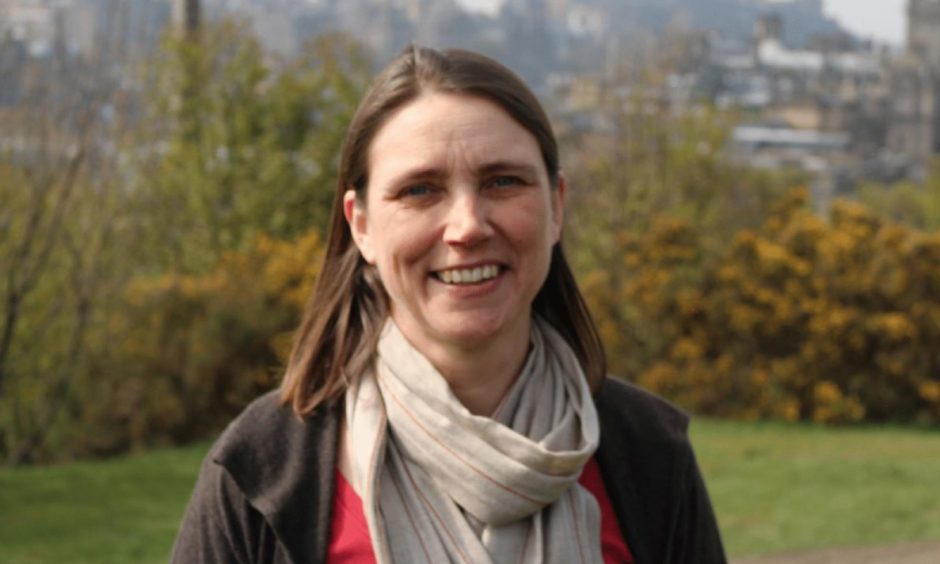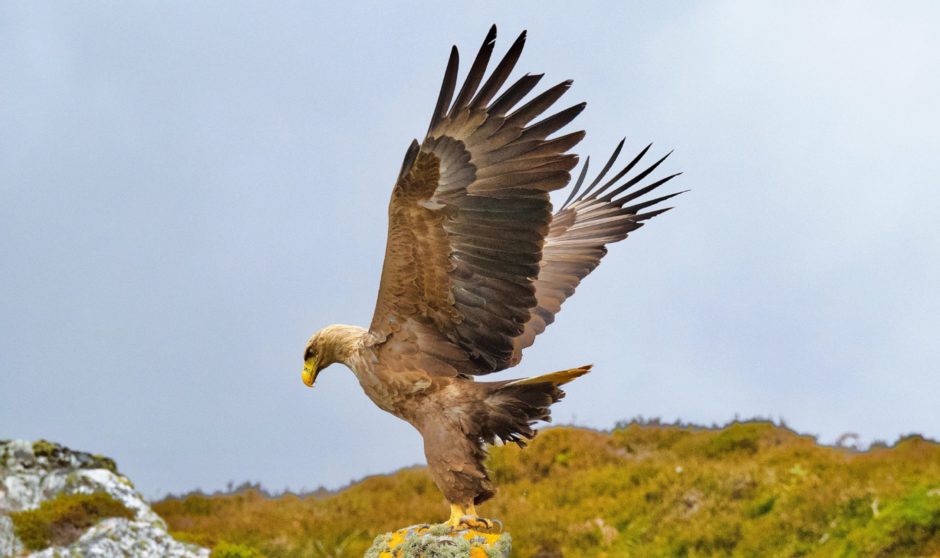A strong indication that the SNP is changing its policy on the use of gene editing (GE) was flushed out at an NFU Scotland (NFUS) hustings ahead of the Scottish Parliamentary elections.
Until now the SNP has publicly branded GE a form of genetic modification (GM), but Fergus Ewing – who hopes to be reelected and resume his role as Rural Economy Secretary – told the meeting he accepted there was a difference between the technologies and “we should keep a watching brief on science”.
He added: “This is moving very rapidly in the EU so we shouldn’t shut our ears or eyes to scientific advancement which is taking forward matters which could be beneficial, but we have stressed our policy is to keep Scotland GM-free and have the reputation which comes from that.”
The SNP’s change of tone appeared to came as a surprise to the Scottish Conservatives agriculture spokesman, Jamie Halcro Johnston, who went on to say he supported the adoption of GE in agriculture.
“We need to be led by the science and have confidence in our science and research community,” he said.
“There are so many challenges with food production and dealing with some of the pests, and if we have an opportunity to do that safely we need to support (GE) but be led by the science.”
Scottish Labour spokeswoman Rhoda Grant said using GE to produce blight-resistant crops would make a huge difference to world hunger.
However she added: “We need to be careful because our reputation in Scotland is for good high quality food so we can’t afford to lose that.”
The Scottish Greens spokeswoman Mags Hall pointed out her party was opposed to GM but recognised the distinction with GE and was broadly supportive, while Catriona Bhatia of the Scottish Liberal Democrats said any new technology would have to carefully sold to the general public .
The meeting was attended by just over 100 NFUS members, and many of the questions focused on how the political parties would require farmers to respond to climate change targets – in particular if they would demand a reduction in livestock numbers.
Catriona Bhatia said her party wouldn’t focus on numbers, but would promote higher quality livestock.
“We would try and support animal welfare, payments through agri-environment schemes and woodland planting, and find local routes to market for livestock rather than export,” she added.
“We would also like to see government drive demand for local produce.”
Mags Hall said taking a blanket approach to livestock and cutting numbers by a specific amount wouldn’t automatically result in emissions savings.
She added: “There may be some areas where livestock production is too intensive and having a damaging effect on an ecosystem, and its about producing a plan to use that land in a better, more sustainable way. But then there are other areas where the land capacity for livestock might be higher.
“We know we need to be eating less meat for the health of the planet, but a huge amount of that cut can come from low-quality imported meat. We need to make sure people know what that produce is, how get it, and use it in public procurement.”
Fergus Ewing used the platform to dismiss recent rumours of a Scottish Government plan to cull 300,000 cattle as a means of tackling emissions.
“There’s no way as farming minister I’d preside over a mass cull of hundreds of thousands of cattle,” he insisted.
“Would that stop people eating meat? No, it would just be imported from other countries, so that’s a wrong-headed view. We would follow the advice set out in the Suckler Beef report which is to improve farming practices.”
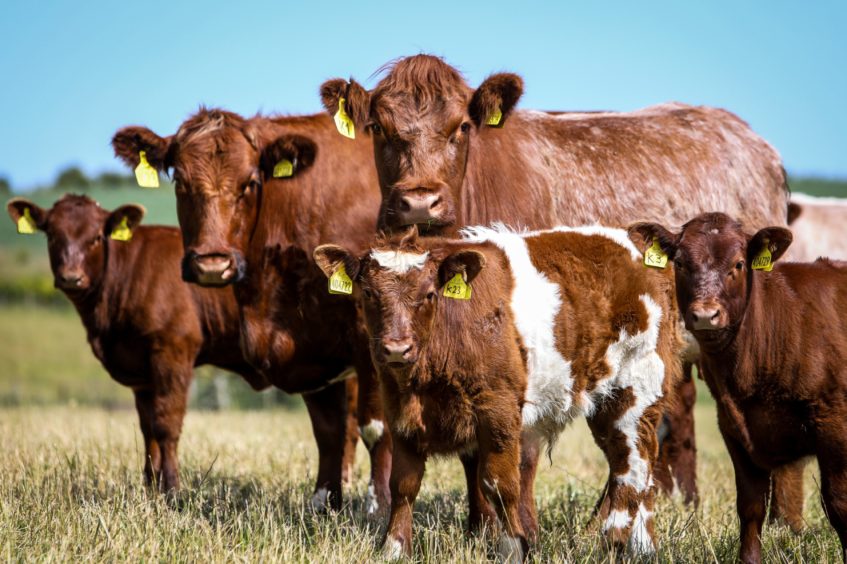
However Mr Ewing pointed out that in exchange for providing direct income support to produce food, an SNP government would also require farming emissions to be reduced.
Rhoda Grant said rather than removing livestock from grassland, which could be detrimental to carbon sequestration, it was time to look at meat labelling so people could understand the difference between grass-fed and intensive production.
The hot topic of species management, and how individual parties would tackle conflict between conservation and agriculture, heard Jamie Halcro Johnston call on NatureScot to find ways of managing problems through compensation; Mags Hall said the agency had been “trigger-happy” in its approach to the control of beavers; Rhoda Grant criticised the “arrogance” of those who didn’t believe the issues faced by farmers and crofters and said there should be better management of species; and Fergus Ewing said the issues were very real but called for “less heat and more light”, particularly from those on the extremes.
